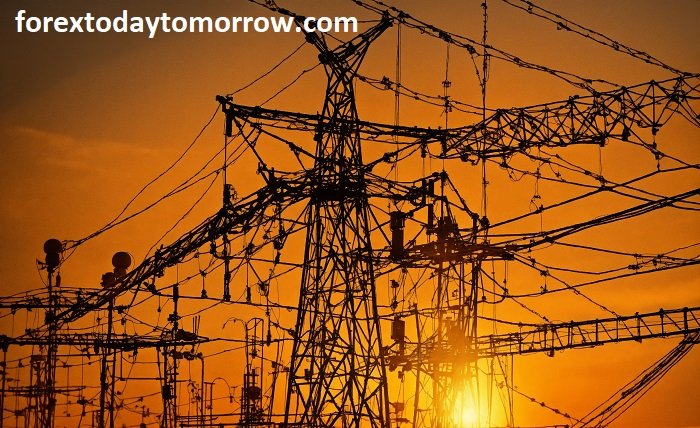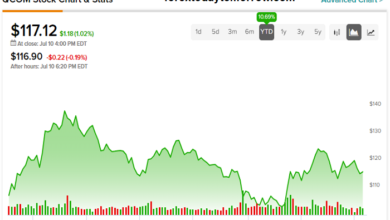Powering Up Your Business: Business Electricity Rates

Electricity is the lifeblood of most businesses. But with so many options and factors affecting the cost, deciphering business electricity rates can feel like solving a complex equation. Fear not! This guide will break down the key components of business electricity bills, empower you to compare plans, and ultimately help you find the most cost-effective solution for your business.
Demystifying the Bill: Key Components of Business Electricity Rates
Unit Rate: This is the core cost you pay per unit of electricity used, typically measured in kilowatt-hours (kWh). Think of it as the price per gallon of gas for your business’s energy needs.
Standing Charge: This is a daily fixed fee charged by your supplier to cover the cost of maintaining the grid and delivering electricity to your business.
VAT (Value Added Tax): Most businesses pay a 20% VAT on their electricity bills, though exceptions apply for certain circumstances (e.g., charities, low-usage).
Climate Change Levy (CCL): For businesses with high energy consumption, a CCL might be added to incentivize energy efficiency.
Your Business Needs
Annual Electricity Consumption: Knowing how much electricity your business typically uses helps determine the best plan structure. Some plans offer fixed rates, while others have variable rates based on usage.
Peak Usage Times: If your business operates during peak hours (typically weekdays, mornings & evenings), a plan with time-of-use billing might be beneficial. This charges higher rates during peak hours and lower rates during off-peak times.
Contract Length: Business electricity contracts typically range from 1 to 3 years. Consider your business’s growth projections when choosing a contract length.
Comparing Business Electricity Rates: Tools and Resources
Comparison Websites: Utilize online comparison tools to get quotes from various suppliers based on your business needs.
Negotiate! Don’t be afraid to negotiate a better rate with your current supplier, especially if you have a good payment history.
Independent Brokers: Consider consulting an independent energy broker who can help navigate the market and secure the most competitive rates.
Conclusion
Understanding business electricity rates empowers you to make informed decisions about your energy consumption and costs. By analyzing your needs, comparing plans, and potentially negotiating, you can ensure your business gets the power it needs at the most competitive rate. Remember, a little research can translate to big savings on your electricity bill!
FAQ
-
Q: Are business electricity rates cheaper than domestic rates?
A: Often yes. Businesses typically use more electricity, allowing for better negotiated rates. However, the VAT for businesses is usually higher.
-
Q: What are “green” electricity tariffs?
A: These plans source electricity from renewable sources like wind or solar power. They might cost slightly more but can be a good choice for environmentally conscious businesses.
-
Q: How can I reduce my business electricity bill?
A: Implement energy-saving measures like upgrading to LED lighting, using energy-efficient appliances, and powering down equipment during non-use periods.



